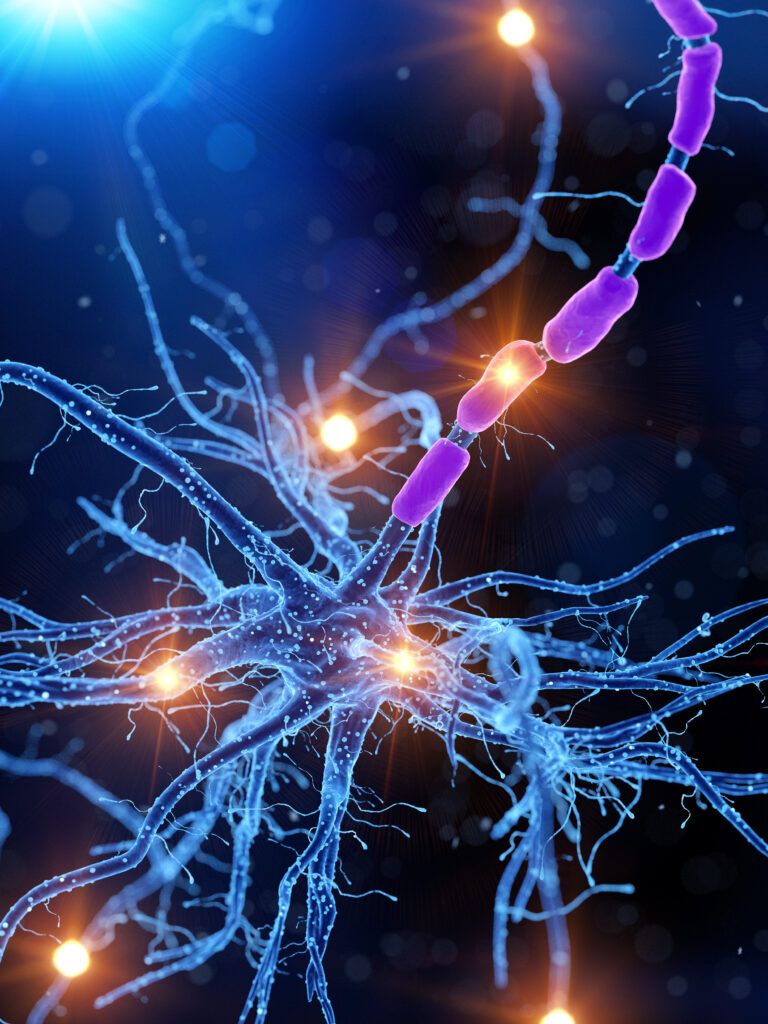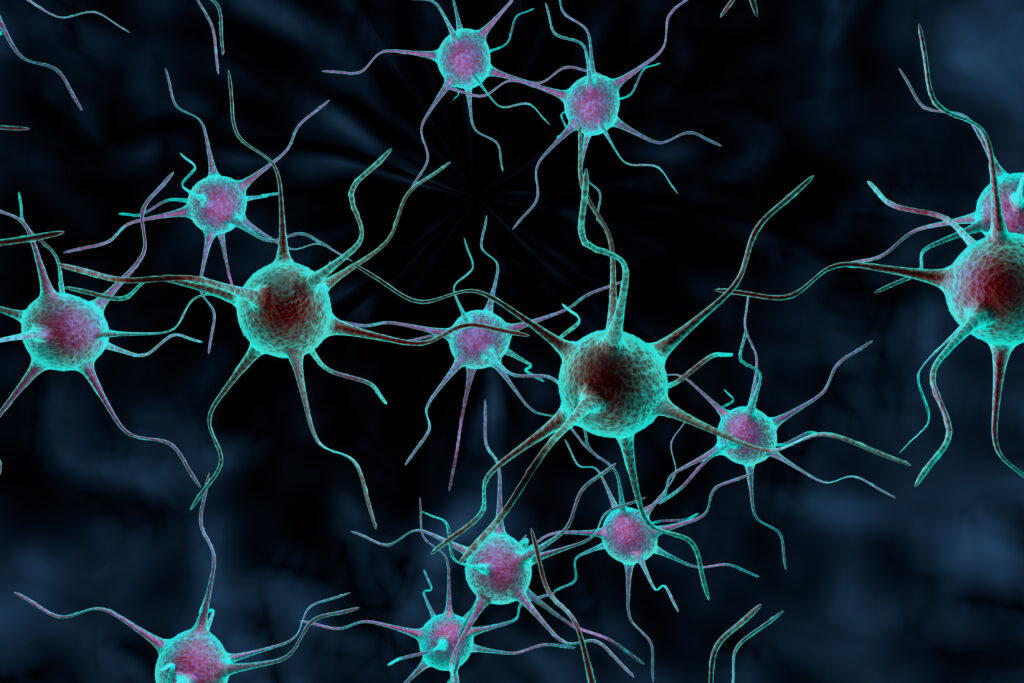Huntington’s disease is a neurodegenerative genetic disorder that affects muscle coordination and leads to cognitive decline and psychiatric problems. It is caused by a mutation in a gene on chromosome 4 that codes for a protein called huntingtin. The disease is characterized by the progressive degeneration of neurons in certain areas of the brain, leading to symptoms such as involuntary movements, balance and coordination problems, difficulty speaking and swallowing, depression, anxiety, and memory loss.
Huntington’s disease is a rare condition, affecting about 1 in every 10,000 people, and it is inherited in an autosomal dominant pattern, meaning that a person has a 50% chance of inheriting the disease from an affected parent. There is currently no cure for Huntington’s disease, but treatments are available to help manage the symptoms and improve quality of life.

Is Huntington’s Disease a Type of Dementia
Huntington’s disease is not a type of dementia, although some of the symptoms can overlap with dementia, such as memory loss and cognitive decline. Dementia is a general term used to describe a decline in mental abilities that is severe enough to interfere with daily life. There are many different types of dementia, including Alzheimer’s disease, which is the most common form of dementia.
However, Huntington’s disease is a unique condition with its own set of symptoms and progression. While dementia affects many different aspects of mental function, Huntington’s disease primarily affects movement and coordination, as well as causing changes in mood, behavior, and cognition. In advanced stages of the disease, patients may experience significant difficulties with daily activities such as eating, speaking, and walking.
It’s also important to note that the progression of Huntington’s disease is predictable and follows a set course, unlike some forms of dementia which can have a more variable progression. Additionally, Huntington’s disease is caused by a single genetic mutation, while the causes of most forms of dementia are not fully understood and are likely to involve a combination of genetic, environmental, and lifestyle factors.
Can Huntington’s Disease Cause Dementia?

Dementia can be caused by a variety of underlying conditions, including Alzheimer’s disease, vascular dementia, Lewy body dementia, frontotemporal dementia, and Huntington’s disease. Each of these conditions has its own specific set of symptoms, progression, and underlying mechanisms, but they all result in a decline in mental function that is severe enough to affect daily life.
In a sense, you could consider dementia to be both an illness and a disorder, as it refers to a set of symptoms that can be caused by a variety of underlying conditions. However, the term is most commonly used to describe the symptoms themselves, rather than a specific disease or condition.
As dementia from Huntington’s progresses, it leads to the degeneration of neurons in certain areas of the brain, which can result in cognitive decline and psychiatric problems.
People with Huntington’s disease may experience memory loss, difficulty with problem-solving and decision-making, and changes in mood, behavior, and personality. These symptoms can become more pronounced as the disease progresses and can interfere with daily life.
Not all people with Huntington’s disease will develop dementia, and the severity and progression of the cognitive symptoms can vary between individuals. Additionally, the dementia caused by Huntington’s disease is distinct from other forms of dementia, such as Alzheimer’s disease, and is characterized by its own specific set of symptoms and progression.